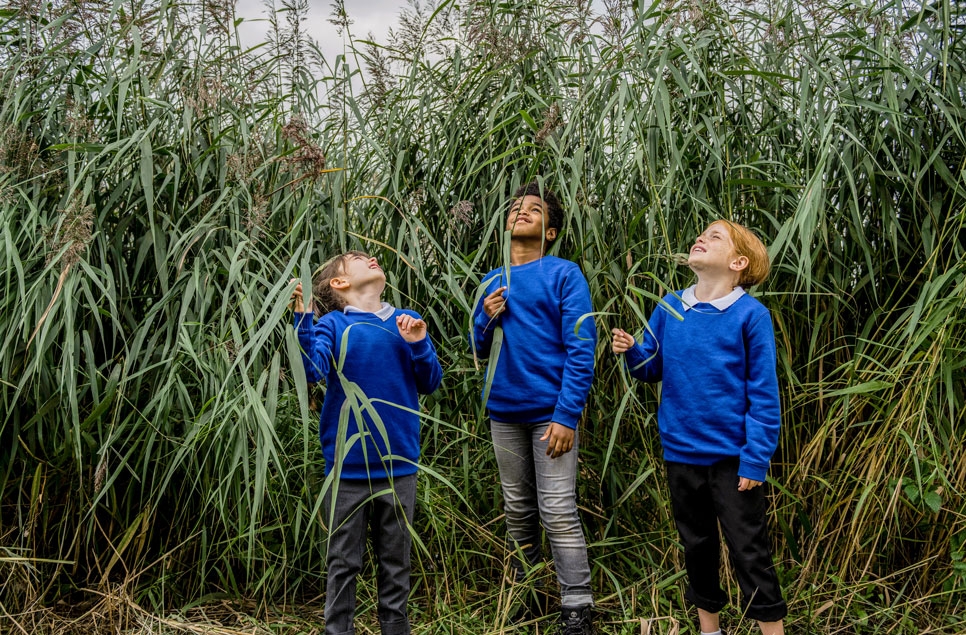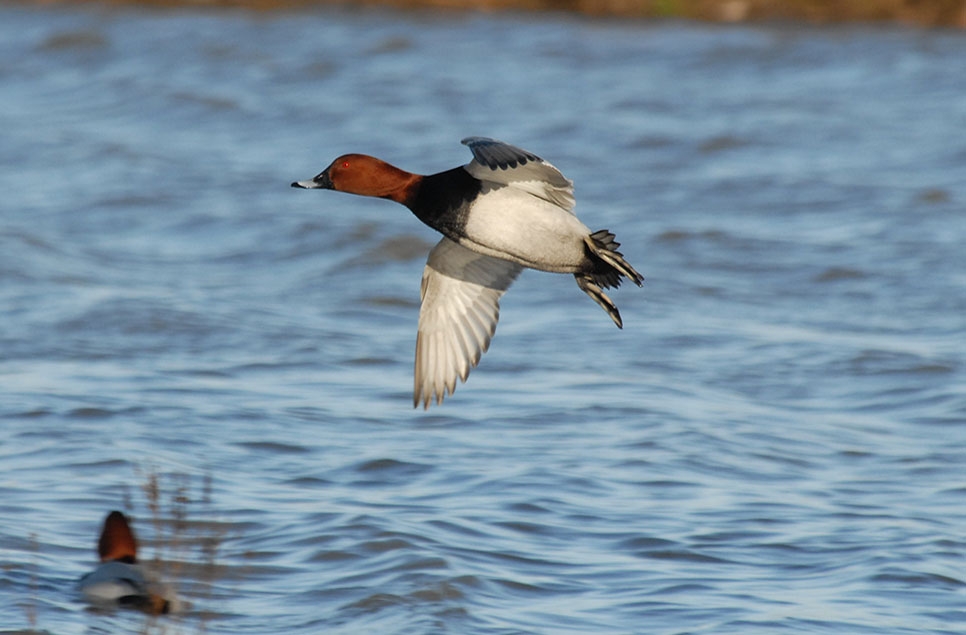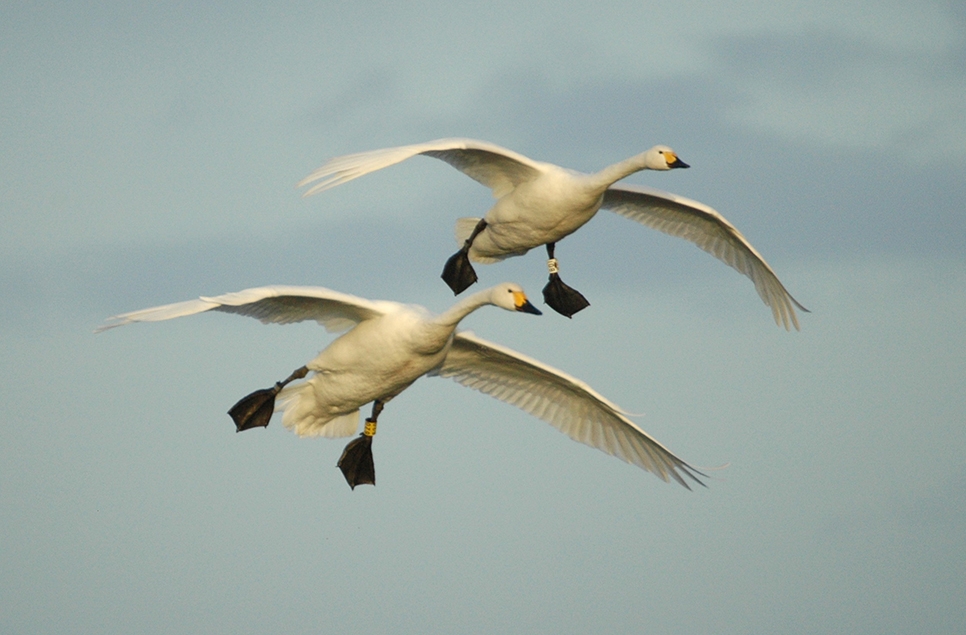The chips are down! Miracle birds hatched from ‘muddy potato’ eggs return thousands of miles to rearing site
Rare black-tailed godwits hand-reared at WWT Welney after their eggs were freed from muddy farmland have flown thousands of miles home for summer.
Miracle black-tailed godwits hand-reared at WWT Welney after their eggs were freed from muddy farmland have flown thousands of miles home for summer.
Experts were doubtful the eggs, encased in dirt, would survive but despite the dim outlook, the muddy eggs successfully hatched. The birds were then hand-reared and released onto the Fens before flying south for the winter.
The rare waders, named Estragon and Dill, join 16 other black-tailed godwits who have returned to where they were raised as part of Project Godwit - a partnership between WWT and RSPB, now in its third year. The mission aims to restore the UK breeding population by collecting eggs for rear and release, known as head-starting.
WWT’s Principal Species Conservation Officer Rebecca Lee said:The incredible story of Estragon and Dill demonstrates the importance of Project Godwit - without the team stepping in these birds would not have survived. At a time when there are fewer than 50 pairs, every egg, every godwit counts towards the survival of the species.
It’s been a remarkable start to the third year of Project Godwit. 13 of the birds released in 2017 have migrated back to our sites here in the Fens, joining five birds from the of class of 2018.
There was drama last year when heavy spring rains forced some godwits to nest offsite on arable land prompting a rescue mission to free the eggs. For those ‘muddy potato’ eggs, in a dreadful condition, to hatch into healthy birds and complete their migration cycle some 3000 miles, is the cherry on top of the cake, or should I say, all that and a bag of chips.

There were some familiar faces amongst the 2017 group, who also visited last year such as Denver, the first head-started bird to arrive back at Welney and Earith, who bred successfully at the project sites last year. However, this should be the first breeding season for most of the birds, who usually reach sexual maturity at two years old.
Black-tailed godwits are known to winter as far south as West Africa.
The Nene and Ouse Washes in the Fens are the two main breeding sites for black-tailed godwits in the UK. There are now three pairs of head-started birds at Welney and the breeding season is underway at the RSPB Nene Washes.
Project Godwit Manager, RSPB’s Hannah Ward added:
It has been heartening to watch the progress of these wonderful waders over the past two years. The project is going from strength-to-strength and the arrival of 18 head-started birds is a real boost to the work we do.
This sets us up nicely for class 2019. We plan to head-start two groups of godwits, one group will be released at WWT Welney and the other one at the RSPB Nene Washes.
There are fewer than fifty pairs of godwits breeding in the UK, and in recent years they have struggled to hatch and raise their chicks in safety. Conservationists have been using a technique known as head-starting - raising young birds from eggs collected in the wild - to help grow the UK godwit population.
Their numbers at the Ouse Washes are now critically low but it’s hoped that head-starting in combination with the creation of wetland habitat could restore the population to the numbers previously seen in the 1970s.
Head-starting is just one aspect of Project Godwit which also focuses on monitoring, habitat management and trialling conservation techniques. Visitors can visit the head-started birds by taking part in Project Godwit Guided Tours at Welney. A Godwit Festival - a weekend of talks, walks and activities to celebrate the black-tailed godwit takes place from June 1st and 2nd. Project Godwit is a partnership between RSPB and WWT with major funding from the EU LIFE Nature Programme, HSBC’s 150th Anniversary Fund, Natural England and the National Lottery Heritage Fund, through the Back from the Brink programme.



